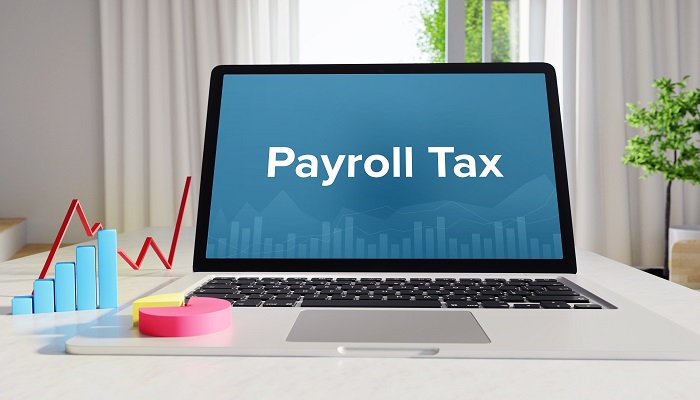
Table of Contents
Back payroll taxes to the IRS can land you and your business in some huge problems. The IRS considers unpaid payroll taxes serious business and ignoring them can put you and your business in great jeopardy. The government agency will take every action possible to recover the outstanding amount including taking legal action against you and your business. The result can be imprisonment, hefty fines, and, in the worst case scenario, you can lose your business entirely. To avoid such a situation, you need to address unpaid payroll taxes immediately. Here are several ways you can successfully handle unpaid payroll taxes.
1. Understand that Tax Delinquencies Can Happen to Any Business
You need to understand that tax delinquencies are faced even by the best of businesses. Sometimes, it may not be even your own fault. Many times, clients and vendors go out of business without paying their invoices. Sometimes you are just out of money after you are done paying regular business expenses. Even in such a situation, the IRS expects you to pay payroll taxes on time without fail.
2. Act on Unpaid Tax Issues Right Away
Once you realize that you owe the IRS in unpaid payroll taxes, it is important to take action right away. Avoiding the government agency only creates more problems and makes the situation worse. The IRS can have you put in jail and close your business in such a scenario. To save your business, you need to contact the IRS to explore the best ways to settle your outstanding taxes. This allows you to keep your business running while you pay-off your tax dues.
Related Blog Post: Procedural Map to an IRS Tax Investigation
Don’t Let IRS Tax Problems Keep You Up at Night
Speak with an experienced tax attorney and take the first step toward peace of mind.
3. File the Most Recent Tax Returns First
It is recommended to become compliant on your tax returns. You can do this by filing the most recent one first. Once you have filed the most recent one, you should work your way back to file the remaining past tax returns. Even if you do not have money to pay, you should do this. You can arrange money to pay the amount on your most current return. This will help you gain the trust of the IRS by showing that you are serious about paying your dues.
4. Do Not Contact the IRS on Your Own
It is recommended to seek help from a professional IRS payroll tax attorney that has expertise handling such cases. You should avoid contacting the IRS on your own as it can easily increase your overall potential burden and lead you into implicating yourself. A professional payroll tax problem specialist will know how much information to give and assist in keeping exposure to a minimum in order to avoid being implicated for something you are not responsible for.
Related Blog Post: Asset Seizure: What Can The IRS Take?
5. Request an Installment Agreement
You can ask the IRS for an installment agreement to reduce the burden by getting an opportunity to pay the outstanding taxes in installments. It is critical that you make this request in writing. The written request needs to include the overall balance and the amount you can pay each month, which should be comparable with your business income.
Every Day Counts: Don’t Let IRS Tax Problems Grow Out of Control
Get strategic guidance to resolve your IRS tax issues efficiently.
Wrap Up
Handling unpaid IRS payroll taxes can be a tall order and requires a substantial amount of knowledge and experience. If you are looking for expert help with payroll tax issues, you should immediately talk to the experienced team of lawyers at The Law Offices of Nick Nemeth. Our firm has a team of experienced payroll tax attorneys with a proven track record of helping clients in resolving IRS tax problems in Dallas. To speak with one of our attorneys, call The Law Offices of Nick Nemeth at (972) 426-2553 or fill out our contact form.


